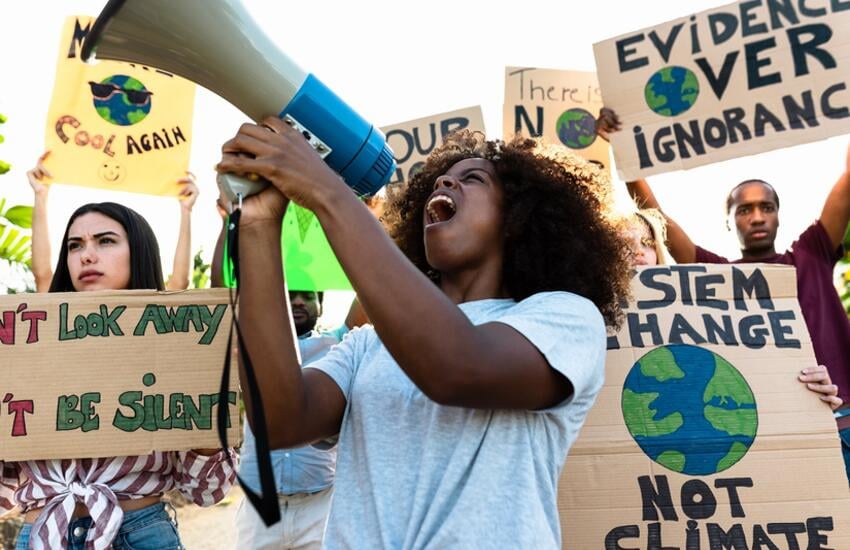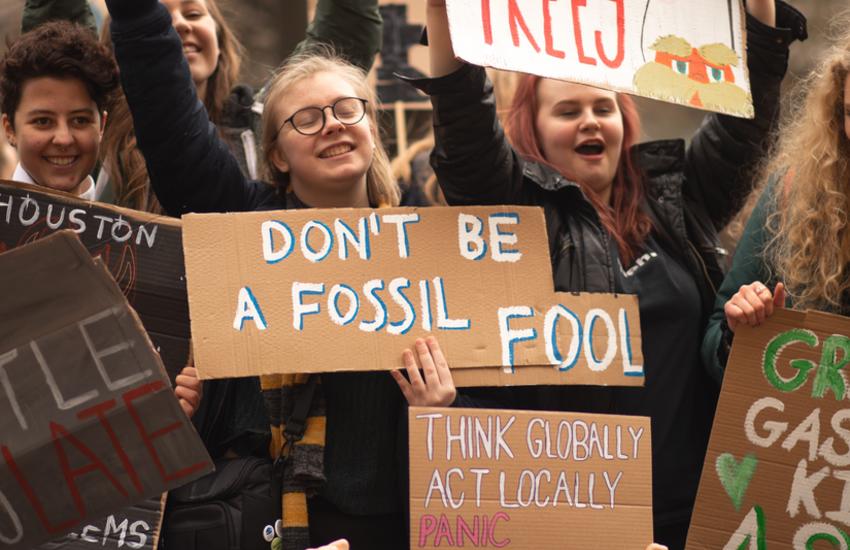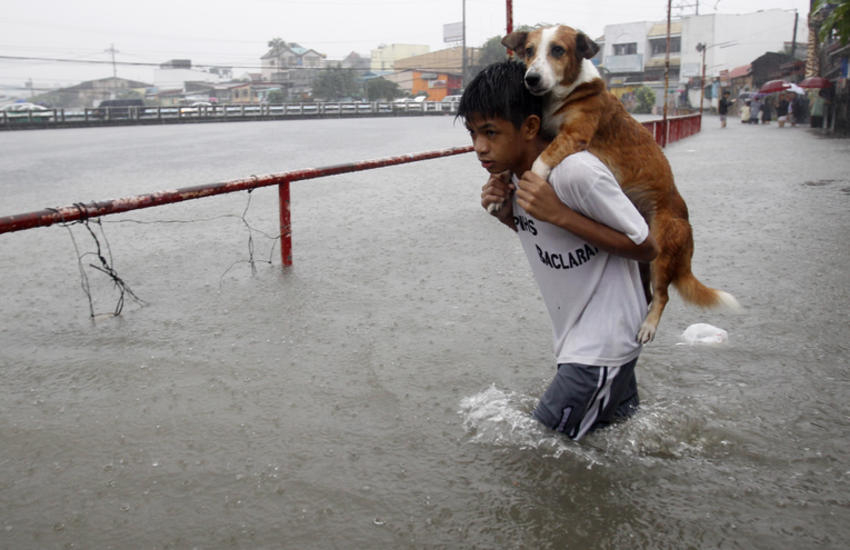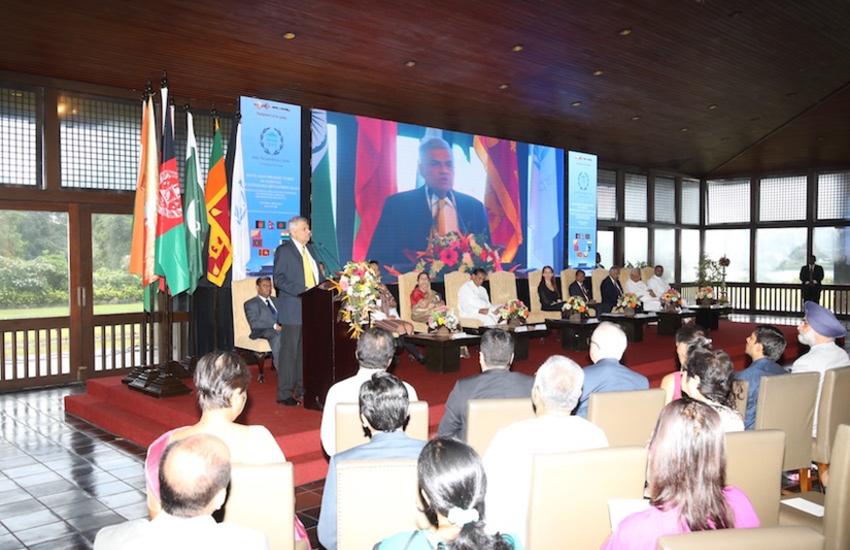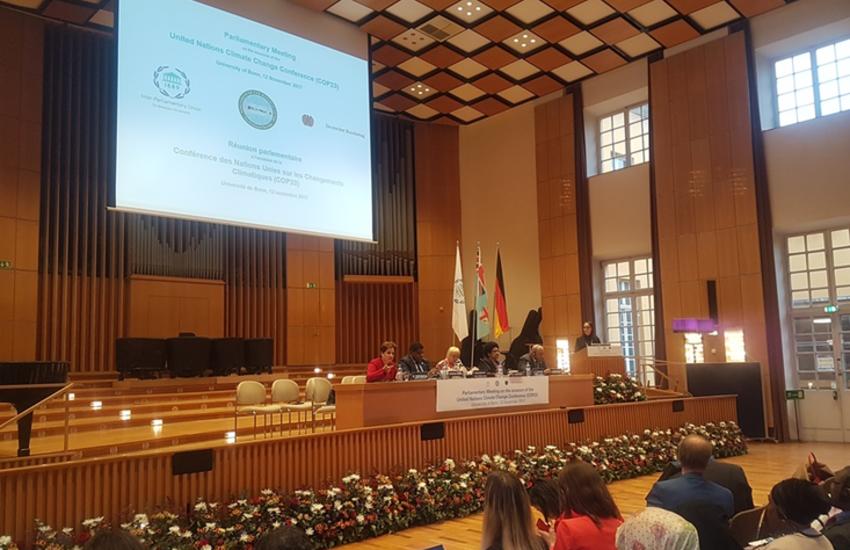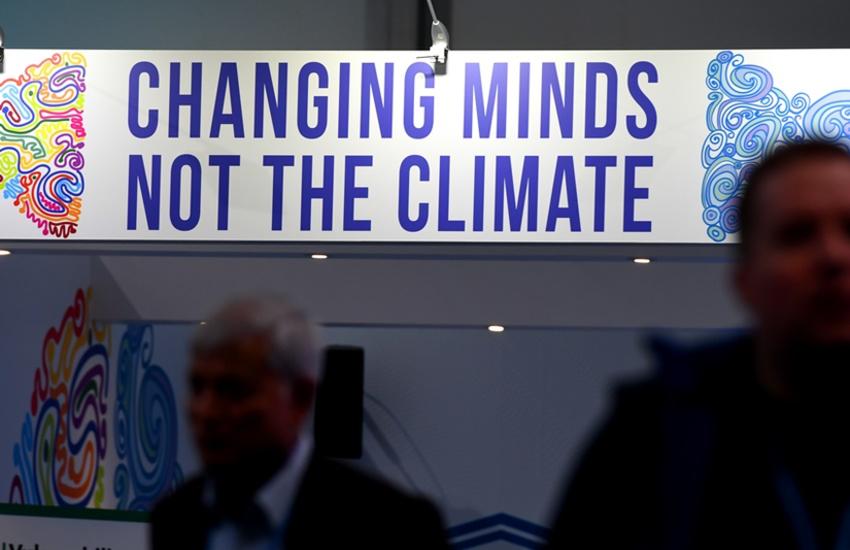Every year, people worldwide take a collective pause to recognize the importance of preserving and protecting our planet’s natural resources on Earth Day, marked on 22 April. Given the severity of the climate crisis, it’s becoming a more important landmark each year, and a lightning rod for action from parliaments and people to protect our planet. Last year, one billion people took part in Earth Day events in more than 193 countries.
But how did it all start, over half a century ago?
Parliamentarian’s cause for concern
After the publication of Silent Spring in 1962, a seminal book on pollution and the environment, followed by a record-breaking three-million gallon oil spill off the coast of California at the end of the decade, the United States began to awaken to the high environmental cost of their growing industries, and the American environmental movement was born.
One of its first adherents was a young Winsconsin senator, Gaylord Nelson. Then a junior member of the United States Congress, Nelson drew inspiration from student-led anti-war movements to launch a national teach-in day on college campuses. He recruited fellow politicians and a young activist, Denis Hayes, to join him, with the pair setting April 22 as Earth Day.
On the first Earth Day 54 years ago, Nelson was unsparing about what was at risk, stating: “The weak are already dying. Trees by the Pacific. Fish in our streams and lakes. Birds and crops and sheep. And people,” and went on to rally protesters, “On April 22, we start to reclaim the environment that we have wrecked.”
Earth Day 1970 inspired 20 million Americans to participate, making it the largest secular day of protest in the world. It’s credited with leading to the creation of the US Environmental Protection Agency later that year.
A diplomatic butterfly effect
In the five decades since, the messages of Earth Day have only become more urgent as the global crises in climate change and biodiversity loss continue.
With temperatures rising, the urgency to prioritize sustainability and protect our natural resources has prompted individual lifestyle changes like zero-waste or plastic-free living, local and international campaigns, the invention of innovative green tech and mass protests, and has led to landmark international agreements like the Paris Agreement.
In tandem, parliaments and parliamentarians worldwide have taken up the gauntlet for climate action and are leading the way in legislation – united and accelerated by the IPU’s Parliaments for the Planet campaign. While young activists like Greta Thunberg have helped put climate change high on the public agenda, within parliaments, young leaders are playing a pivotal role. As the former President of the IPU’s Board of the Forum of Young MPs, Egypt’s Sahar Albazar, put it:
“Climate change is an unprecedented global challenge that does not recognize borders, and whether we are responsible for emissions or not, it will affect all of us.”
At the same time as creating a better legislative environment, an increasing number of parliaments and their members are also leading by example with internal action, instituting environmentally-friendly practices in the way they operate. In Germany, the Bundestag has built sustainability into its physical infrastructure, with temperature, lighting and water measures that reduce energy usage and water waste in the building. In the United Republic of Tanzania, the National Assembly went paperless and launched an annual tree-planting campaign to raise awareness. And in the Kingdom of Bhutan, every second day of the month, the Parliament observes a zero-waste hour where both MPs and staff clean and recycle waste.
As we approach the Paris Agreement’s tenth anniversary, and hurtle towards the 2030 deadline for limiting global warming to 1.5°C , the story of Earth Day teaches important lessons.
By definition, the younger generation has the biggest stake in the future, and it will take all the drive and inspiration of the world’s rising generation of parliamentarians to tackle the climate emergency.
Find out more about the IPU’s campaign to mobilize parliaments to act on the climate emergency.







